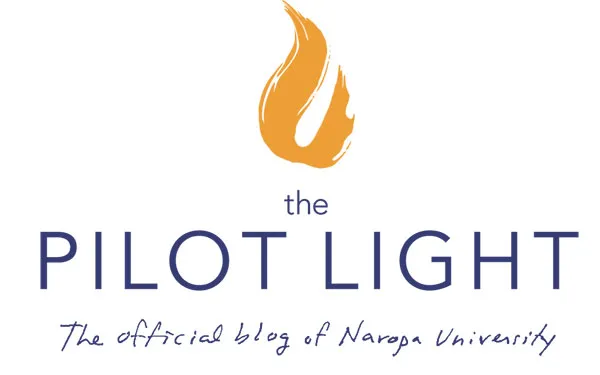
This is the 4th post of ‘The Soft Spot’ – a section of the Naropa University blog dedicated to compassion.
Research Highlights: The What, How, & Why
By Jordan Quaglia, PhD & Alyssa Gursky
Do you ever find yourself using the words “empathy” and “compassion” as synonyms? If so, you’re not alone. As we’ll explore in this research highlight, however, empathy and compassion can be quite distinct and entail divergent consequences for personal and interpersonal wellbeing. In fact, knowing the difference could even improve your wellbeing and relationships!
What were the main findings?
In order to understand differences between empathy and compassion, researchers Klimecki, Leiberg, Ricard, and Singer (2013) examined whether training in them altered brain activity and emotional experience in distinct ways. The researchers discovered that, in response to videos depicting human suffering, empathy training led to more negative emotion alongside activation in brain regions related to empathy for pain, whereas compassion training led to more positive emotion and activation in brain regions related to reward and affiliation. In another paper, these authors summarized these differences: When encountering the suffering of others, empathy is more about feeling with that suffering other whereas compassion is more about feeling for the other (Singer & Klimecki, 2014). Additionally, compassion includes a readiness to help alleviate the other’s suffering—an intentional stance not commonly considered part of empathy.
How was the research conducted?
The researchers examined brain activity while participants watched videos depicting human suffering. They used a memory training as a control group against which to compare effects from training in empathy and compassion. Participants also rated how much positive or negative emotion they felt during the videos.
Why do these findings matter?
Despite common views that empathy and compassion are highly similar, this evidence shows that compassion training may be better for one’s own and others’ wellbeing. This is because compassion (compared with empathy) training, had an overall more positive influence on individuals when faced with others’ suffering, as evident in brain functioning and emotions. Moreover, this more positive influence of compassion training may better support skillful altruistic action than empathy alone, which can actually decrease helping behavior due to excessive emotion sharing.
Your Turn
What do you think about this study? Are compassion and empathy really all that different? How might confusing the two lead to issues in our relationships? Do you think knowing the difference can make a difference in our social lives? Let us know your thoughts!
References
Klimecki, O. M., Leiberg, S., Ricard, M., & Singer, T. (2013). Differential pattern of functional brain plasticity after compassion and empathy training. Social Cognitive and Affective Neuroscience, 9(6), 873-879.
Singer, T., & Klimecki, O. M. (2014). Empathy and compassion. Current Biology, 24(18), R875- R878.



